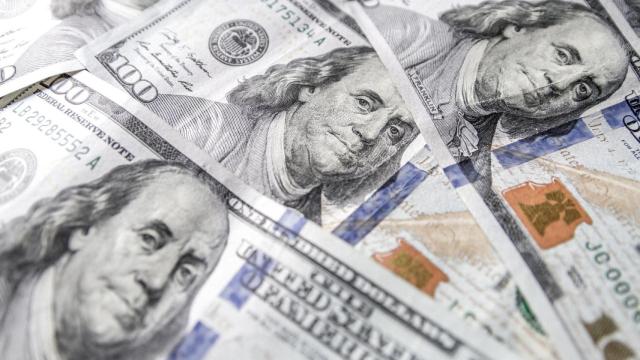
"I am a cardiologist and this is the only food that I never eat": we buy the snack daily in the USA
American doctor Elizabeth Klodas warns that "raises blood pressure and increases weight, negatively affecting cholesterol and blood sugar".
Noticias relacionadas
- Esta es la cantidad de pan que recomiendan tomar los nutricionistas a diario y sin engordar en España
- La receta japonesa de la longevidad: el plato típico que toman a diario para vivir más de 100 años
- Los nuevos frutos secos de Mercadona que arrasan y recomiendan los médicos: sin sal y con grasas buenas
Whether accompanying a beer with friends, the weekend appetizer, or the NBA game we watch at home, Americans are addicted to snacks. We are well aware that they are not healthy, but in the USA we dedicate a good part of our shopping basket to them.
At home, we don't turn our noses up at them either: we consume an average of 1.42 kilos of processed potatoes annually. American doctor Elizabeth Klodas, a cardiologist and founder of Step One Foods, trained at the prestigious Mayo Clinic, focuses on this inadvisable consumption in one of her latest articles. Throughout her career, her publications have focused on the effects of cholesterol on the body and how to reduce it.
This time, the focus is on the famous bagged potato chips, but it can also apply to corn chips and processed corn snacks, which are also very popular in the United States. "They have a high content of additives and a low content of fiber and other necessary nutrients," warns Klodas, pointing out that "over the course of a year, eating just one less than 30-gram bag of potato chips every day could add up to 6.8 kilos of salt to our bodies".
Tips to Improve Diet in the United States
The doctor maintains that "too much sodium can raise blood pressure and significantly increase weight, negatively affecting cholesterol and blood sugar levels". You don't need to spend a year eating these snacks to confirm this because, she emphasizes, "studies show that consuming low-quality foods worsens blood vessel function within a few hours of consumption." At this point, Klodas recommends seeking alternatives to fill those gaps.
First, she encourages replacing them with hummus and vegetables, noting that half a cup is equivalent to the same calories as a small bag of snacks. If we add vegetables for dipping, "we will have a substantial snack, rich in fiber, healthy fats, and proteins." The second healthy snack recommended by the doctor is raw nuts in particular and unsalted and natural nuts in general: "You get all the nutritional benefits without the sodium load."
Hummus, Nuts, and Fruit in the USA
Finally, she emphasizes fruit, explaining that "two small bananas or three oranges are calorically equivalent to a bag of potato chips, but you get vitamins, antioxidants, and fiber." Klodas argues that "we often seek these snacks not because we are hungry, but because we are bored and looking for stimulation; but these are not good reasons to consume something that actively sabotages a person's efforts to improve heart health."
She recalls a quote from food author Michael Pollan, stating "If you're hungry, eat an apple; if you don't want the apple, you're not hungry". Hence, she insists that we replace all unhealthy snacks with "options that contain whole fiber, omega-3 fatty acids, antioxidants, and plant sterols that help reduce cholesterol." However, if the task set by the expert seems daunting and we don't want to give up all snacks, we may consider looking at the list provided by the Organization of Consumers and Users (OCU) to choose the least harmful ones.
The Less Harmful Snacks
The OCU analyzed the nutritional labeling and ingredients of over 200 salty snacks available in supermarkets throughout Spain and found that 178 of them are unhealthy or barely healthy. In other words, 78% of them should not be consumed, especially those that are fried. The worst ratings were due to their excess salt, with an average of 3.8%, but they also noted their high fat content, which can reach up to 24%, as well as the addition of colorants, flavorings, and additives.
Some of the additives, by the way, are not recommended because they can cause intolerances, such as the case of E-621. They also don't fit within the caloric parameters, as they contain an average of 467 calories per 100 grams and they have even analyzed products with over 600 calories, which represent 30% of an adult's daily intake.
Their main component is carbohydrates, but "they are so processed that they have lost much of their nutrients." So, which are the least harmful according to the OCU's analysis? The group of corn nachos without additives or flavors, and some made with legumes or seeds, as they are baked instead of fried and have less salt.
*This article has been automatically translated using artificial intelligence



